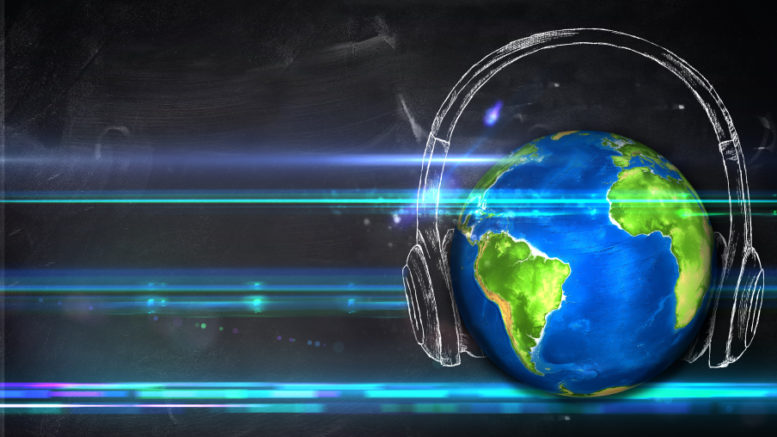No one really wants to think about it. Sooner or later, though, it happens. It’s part of the circle of life. Let’s hope we all stay happy and healthy for a long time, but what does actually happen to your digital downloads when you die?
It’s an increasingly important question. Sure, grandma and grandpa have stacks of vinyl records that you’ll need to deal with. Mom and Dad have their CDs and DVDs. But what about you? You’ve very politely saved your heirs the trouble by keeping everything on your hard drive and in the cloud.
But… what if your kids actually want to keep that stuff? Then what?
First of all, if your content is stored on your hard drive, then it may be unencrypted. In that case your kids could just empty the drive and take the stuff. That’s not legal, but it’s hard to trace. On the other hand, the stuff you have stored in the cloud, the ultraviolet copies and Amazon cloud player songs… those disappear completely. Non-transferrable. That’s the wording in the terms and conditions you clicked through without reading.
“Hey,” you’re thinking, “I paid for that stuff! I own it!”
Actually, you didn’t. You paid for a lease that ends when you end the service, or, to put it politely, when you end. You don’t own it and you never did. So, like renting an apartment, you can’t just give it to your heirs.
This may end up becoming a huge issue in the future as more and more content is stored in the cloud. Will people simply adjust to paying a rental fee and then giving none of their pop culture to their kids? Or, will the law evolve so you can transfer content when you want to, whether or not you’ve shuffled off that mortal coil?
Today, you can’t even transfer digital content from one account to another. This becomes an issue when two people get divorced, for example. Once upon a time, couples sat down and split up their books and records when they split. Now it’s all or nothing. One of you gets all the kindle books, one of you gets all the iTunes content. There’s no way to split them. Obviously this is just an invitation to piracy, and no one wants that.
The truth is that the law is decades behind in figuring out this sort of thing. Hopefully there will be some landmark cases here, or perhaps the big players like Apple and Amazon will figure out a way to legally, permanently, transfer protected content to another person. That would be best, before someone without as much technical savvy has to get involved.





